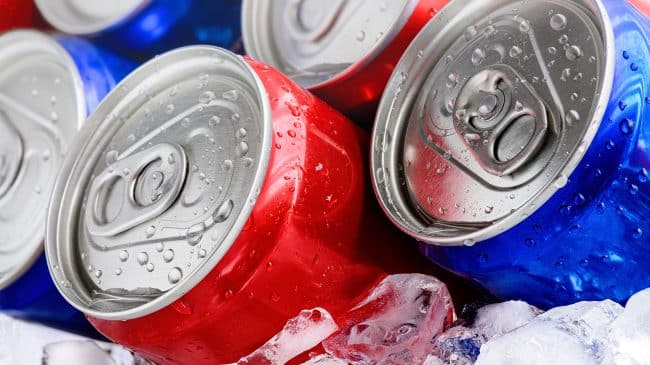The revenue raised allegedly would be spent on wellness programs in Wards 5, 7 and 8. Supporters claim the tax is necessary to protect public health, the theory being that soda is a significant contributor to obesity, so taxing soda, just like taxing cigarettes, would reduce consumption and therefore reduce obesity.
Unfortunately, whenever this theory has collided with reality, it’s not been a happy story. It’s hard to overstate the abject failure of soda taxes to deliver on their promised benefits. Nowhere in the world, let alone the United States, have soda taxes reduced obesity.
In 2017, the New Zealand Institute for Economic Research reviewed 47 studies investigating the effectiveness of sugar taxes. “We were unable to find evidence that any sugar tax actually implemented anywhere in the world has led to improvements in health,” said one of the report’s authors.
After analyzing 44 interventions governments could undertake to reduce obesity, the management consultancy McKinsey concluded soda taxes were among the least effective. So why is there such a wealth of studies and pressure groups claiming the exact opposite?
Two reasons. The first is that most studies showing significant health benefits are computer models, not real-world evaluations. Second, the favorable assessments of soda taxes never mention what effect the tax had on obesity or health outcomes.
Take two U.S. cities cited as soda tax success stories: Berkeley, Calif., and Philadelphia. In Berkeley, researchers claimed soda purchases dropped 9.6 percent one year after the tax was implemented. But that was only compared with what they assumed would have happened had the tax never been introduced, rather than a real sales decline.
The study also found soda sales in stores surrounding Berkeley jumped by 6.9 percent, and self-reported soda consumption “did not change significantly compared to baseline.” Awkwardly, the authors also noted that the caloric intake of untaxed beverages such as milk and other dairy-based drinks increased.
Philadelphia’s case is even more troubling. A recent study published in JAMA found total sales of taxed beverages fell roughly 27 percent after adjusting for cross-border shopping. But the study contained no data or conclusions on beverage consumption or obesity rates.
An earlier paper by Stanford Business School examined Philadelphia and found no significant reduction in calorie or sugar intake. What the Stanford paper did find was that the biggest drop in soda consumption was among the richest households who are also the least likely to be obese. Meanwhile, the tax fell hardest on the most impoverished families who are the most likely to be overweight and have fewer opportunities to avoid the tax.
So how can soda tax boosters claim their policy is such a success? The answer is that having witnessed its dismal failure, they redefine what counts as success. Any drop in soda sales is counted as a victory, no matter how small or regressive or whether it achieved any positive health benefits.
The desire to raise revenue for public programs is no crime. But it shouldn’t be masked under the guise of public health. Especially as high taxes on narrow categories of products are, in the long term, an inherently unstable source of revenue.
Those whose beverage choices consist of LaCroix, natural juices and White Claw have nothing to fear from a soda tax. But small businesses in underserved communities and poorer residents will again bear the brunt of a policy that has been universally discredited but whose advocates refuse to accept the results.
The D.C. Council members are undoubtedly trying to do the right thing. But intentions are no substitute for evidence, particularly when those they hope to benefit will be the hardest hit and least helped.

